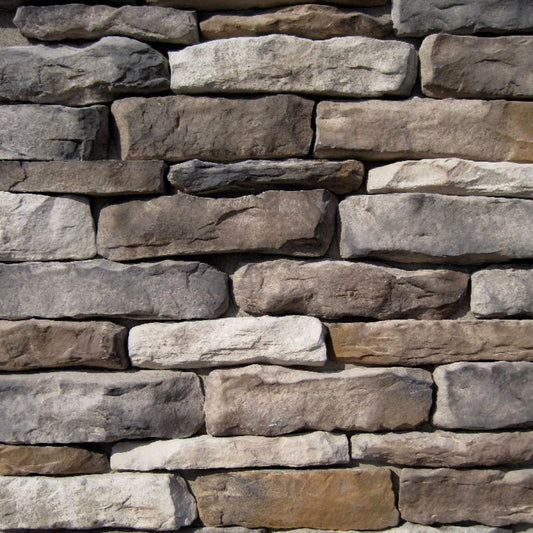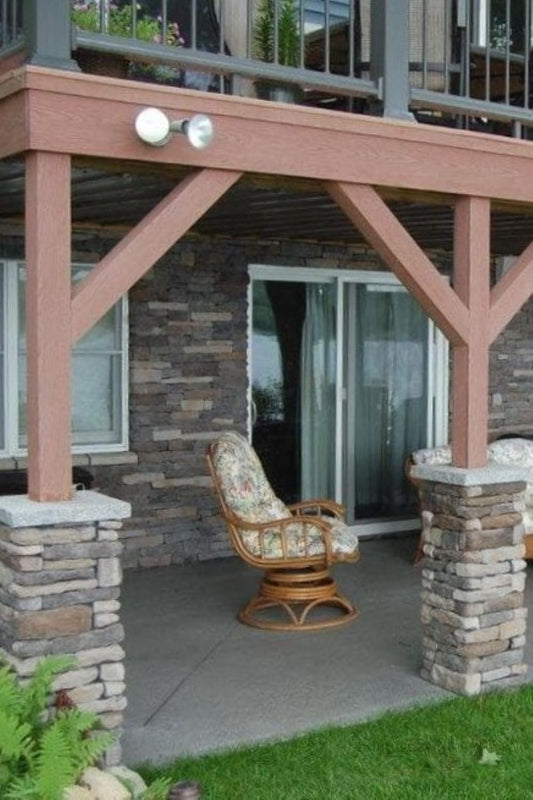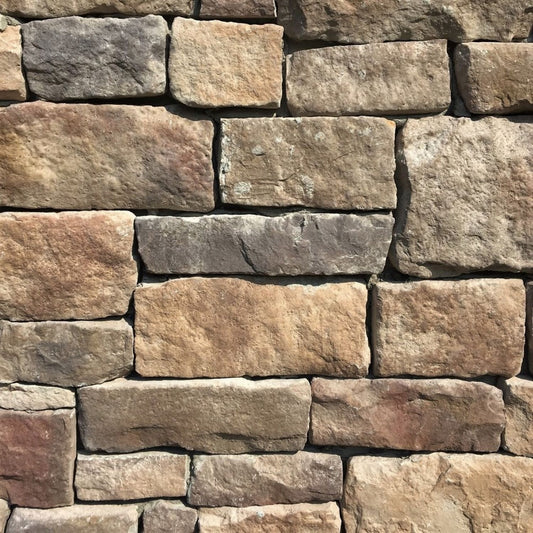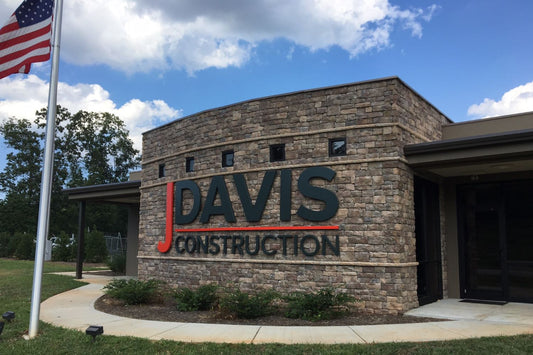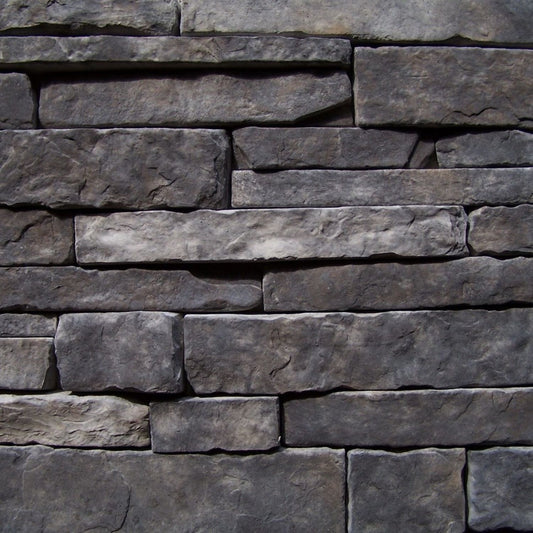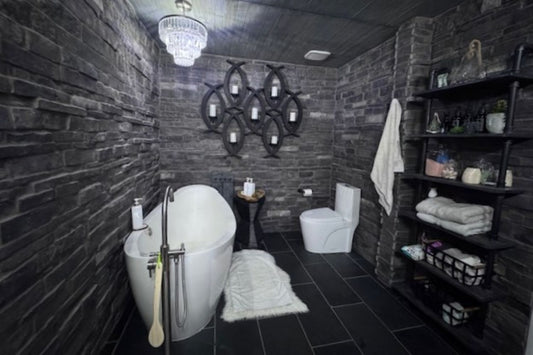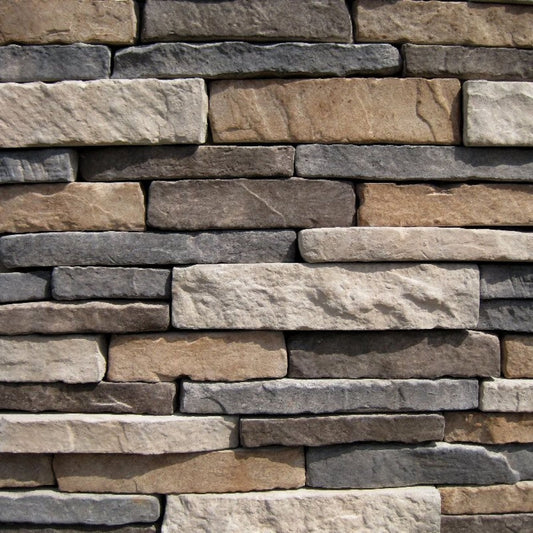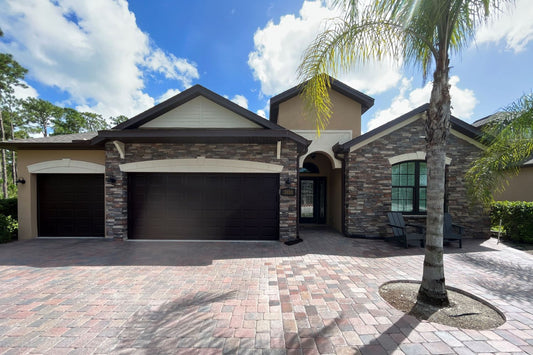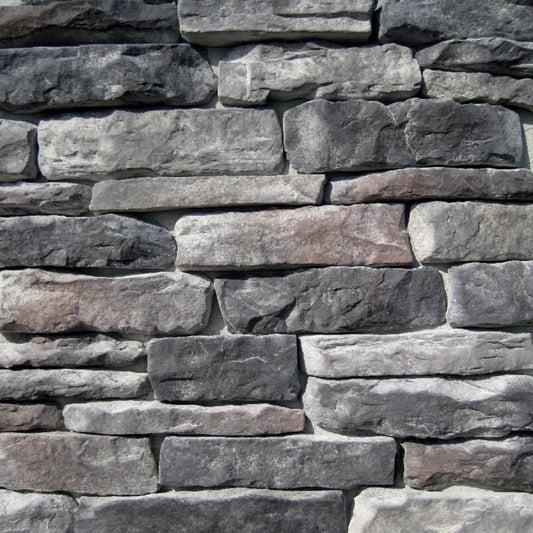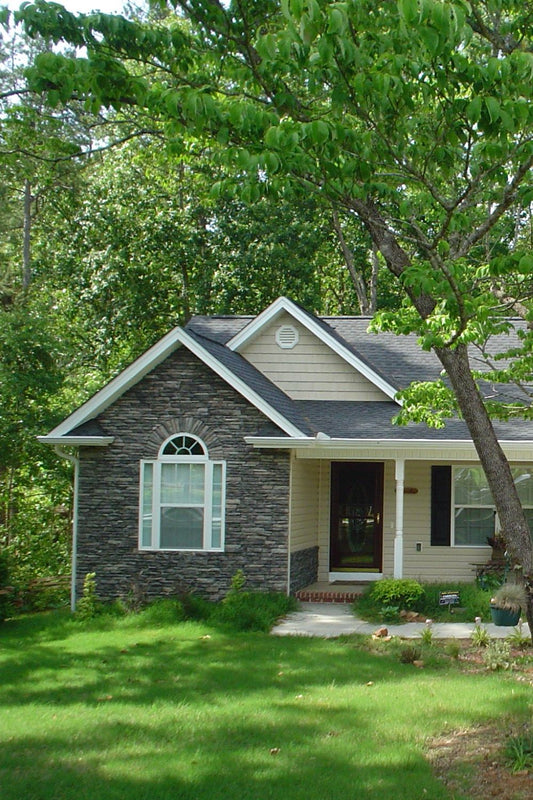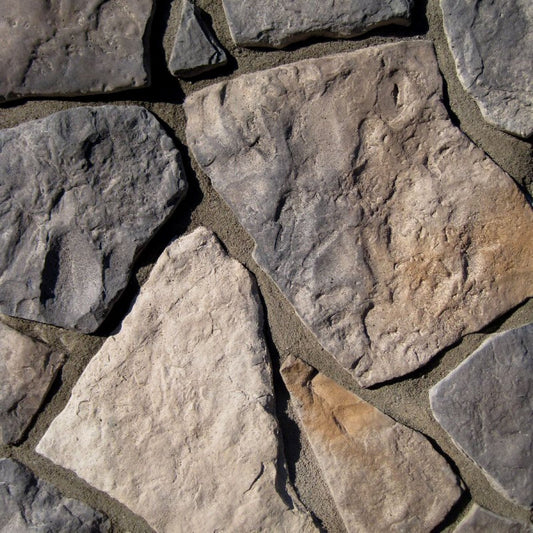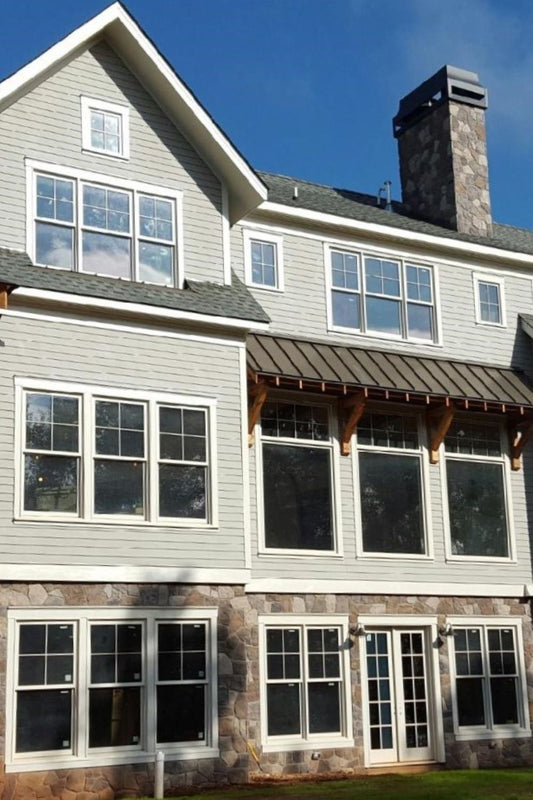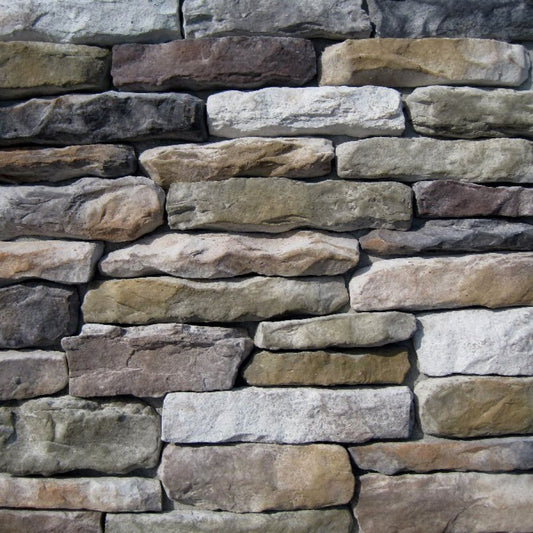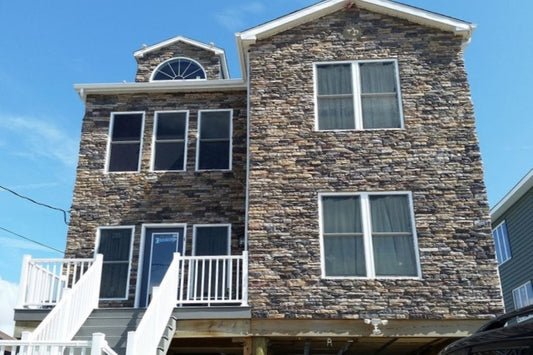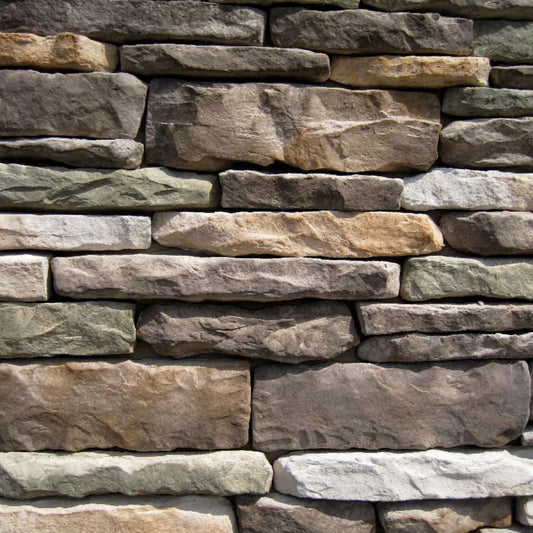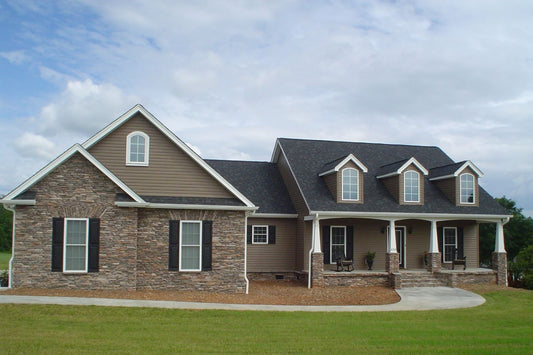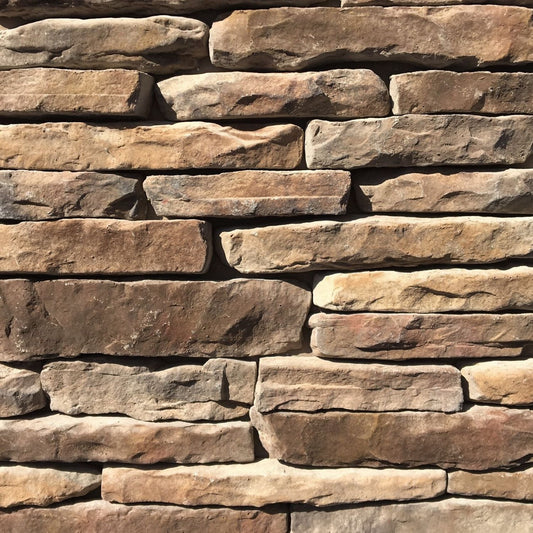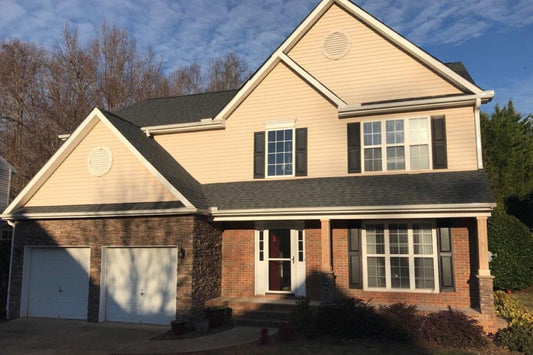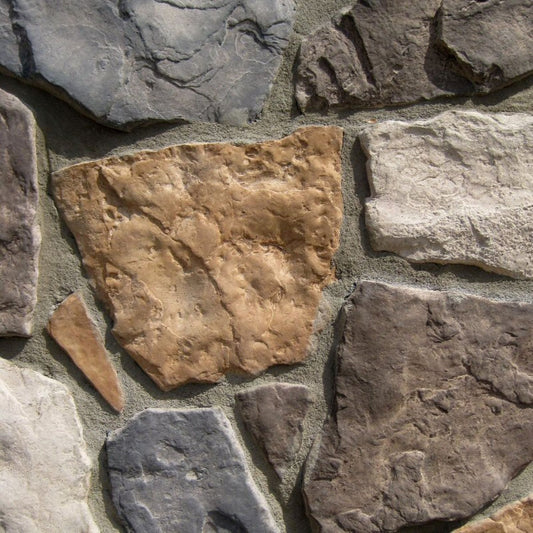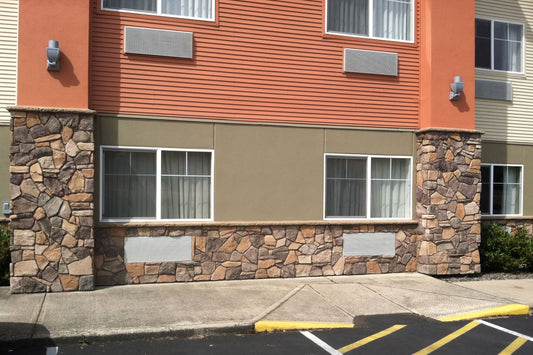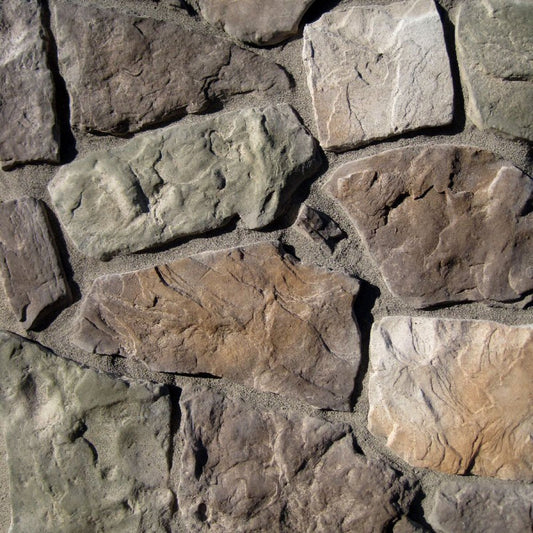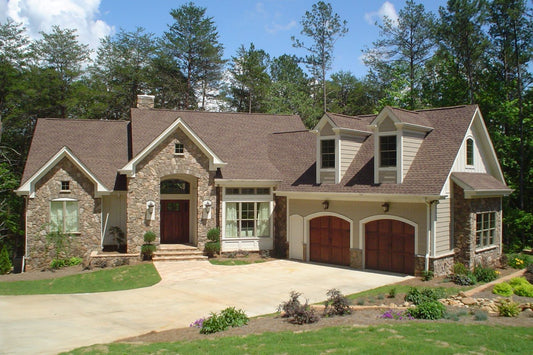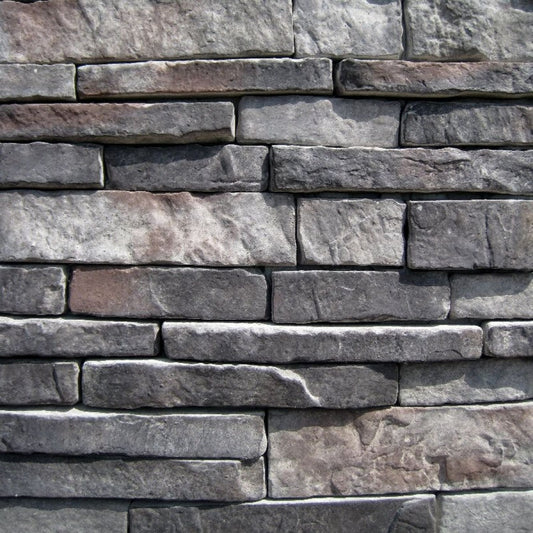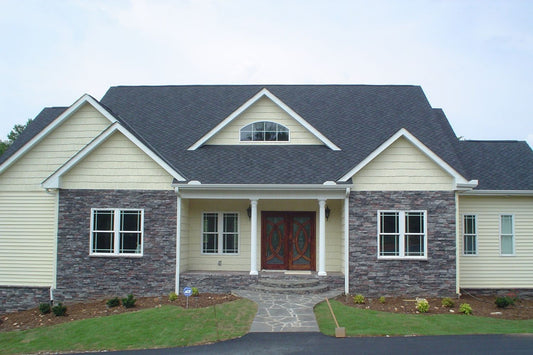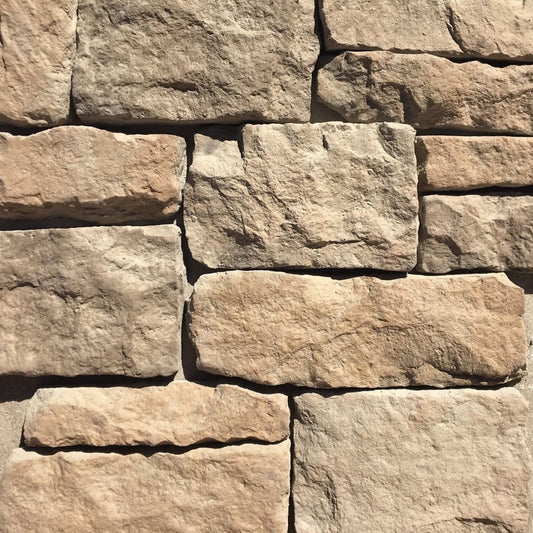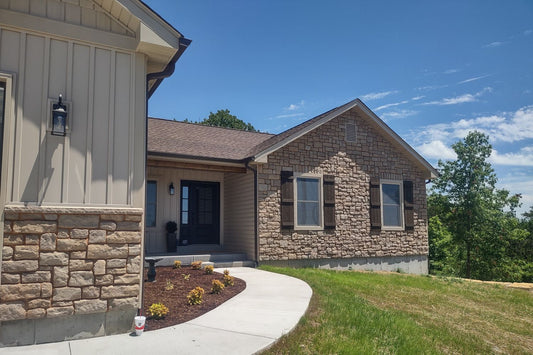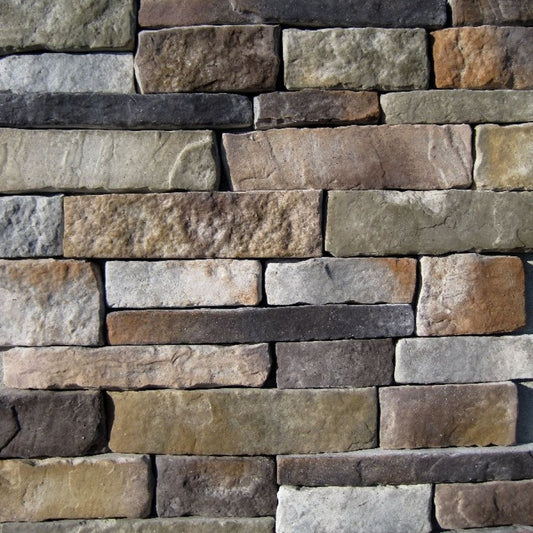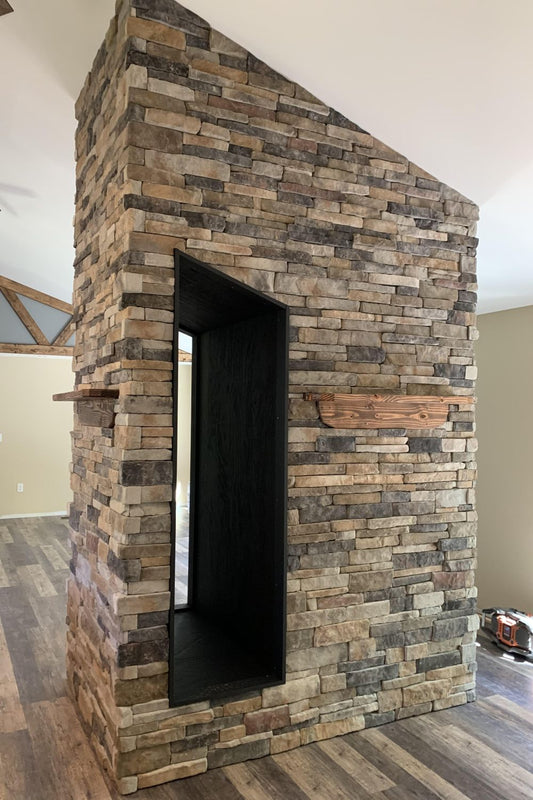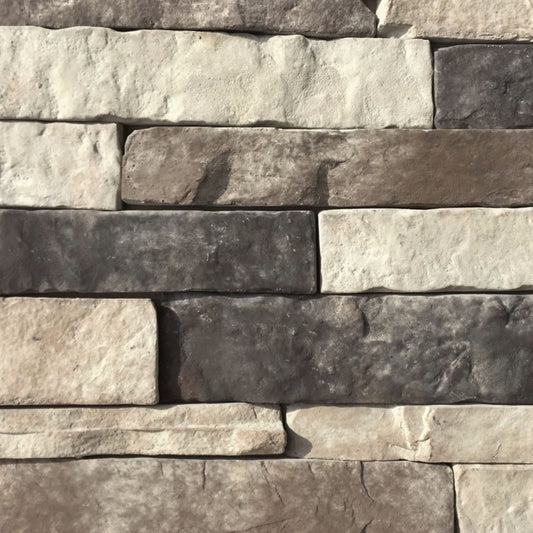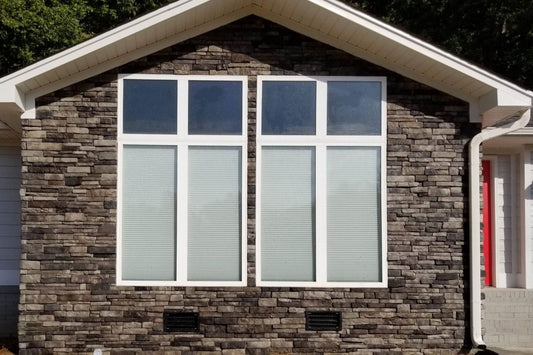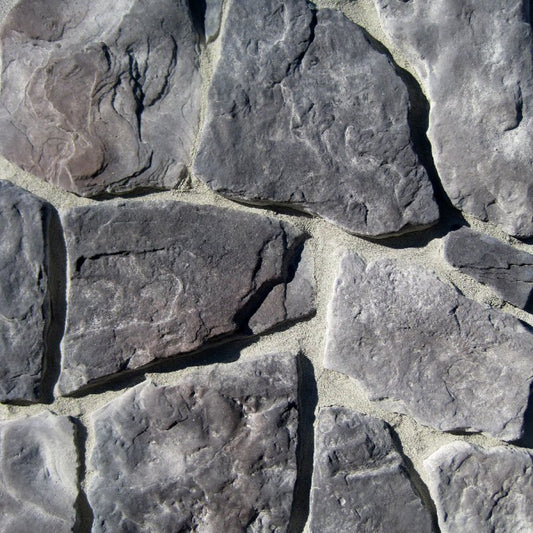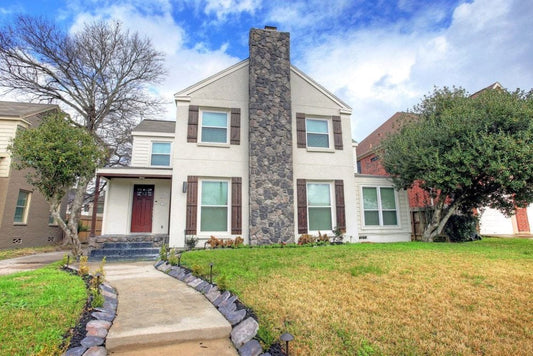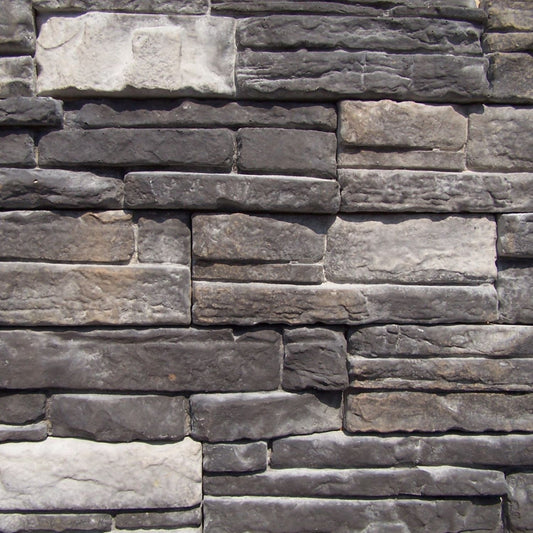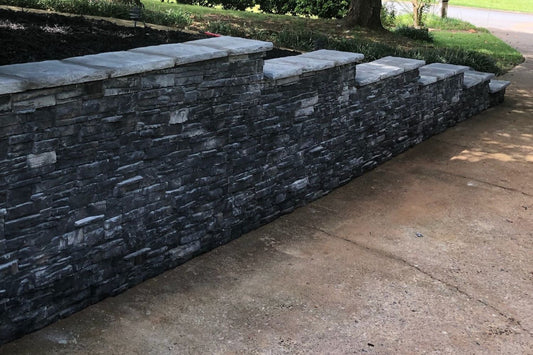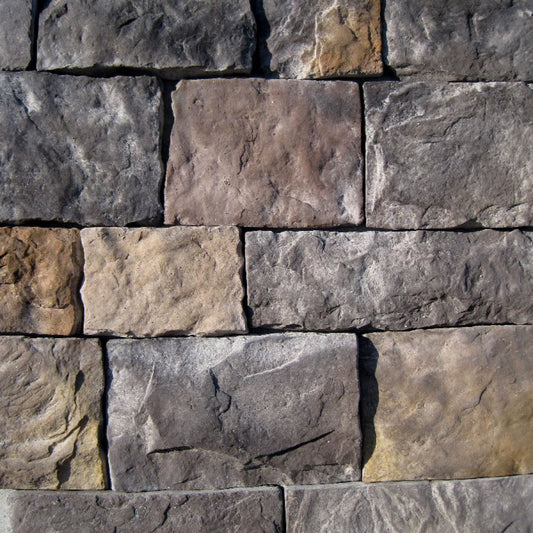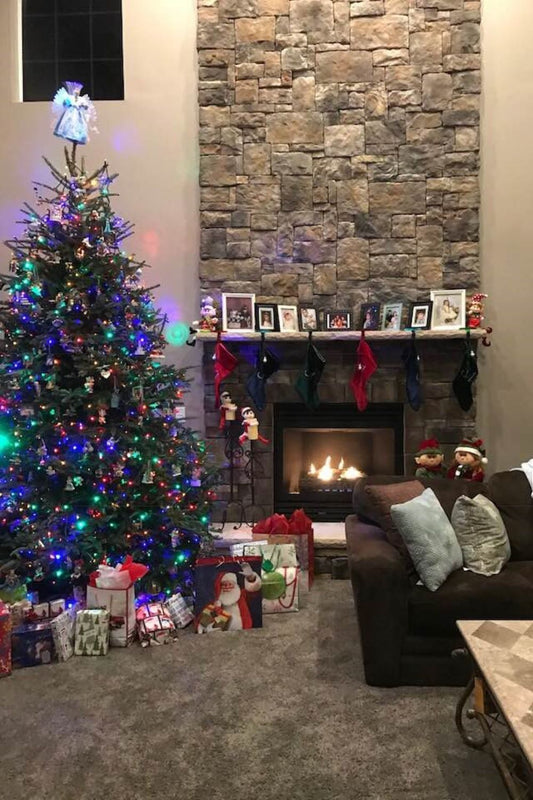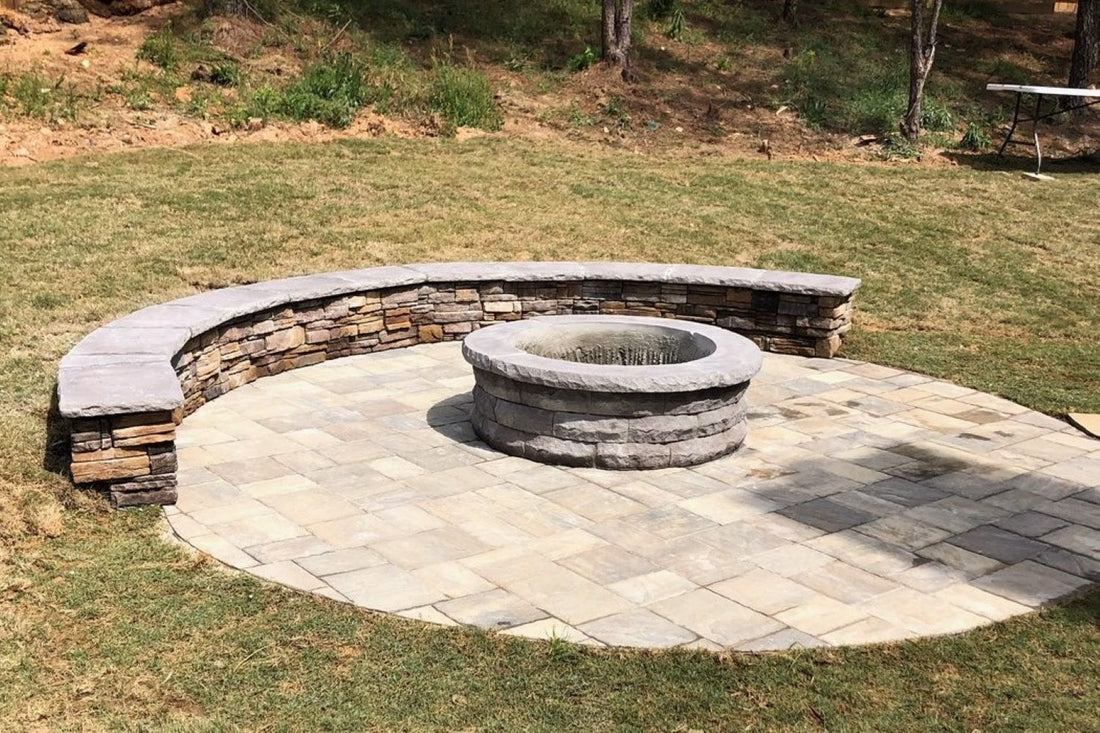
Is Stone Veneer Fire Resistant?
Share
When choosing materials for construction or renovation, homeowners and builders often consider both aesthetics and functionality. Manufactured stone veneer (MSV) has grown in popularity thanks to its ability to mimic the look of natural stone at a lower cost and weight. But a critical question remains: is manufactured stone veneer fire-resistant?
This is an important consideration, especially for homeowners in areas prone to wildfires or where fire safety is a priority. In this blog post, we'll explore the fire-resistant qualities of manufactured stone veneer, how it performs in fire-related situations, and what you need to know before installing it in your home.
Understanding manufactured stone veneer
Manufactured stone veneer is a man-made material designed to replicate the appearance of natural stone. It's composed of a mixture of lightweight aggregates, such as cement, pumice, and other materials, and it's typically cast in molds to create the desired texture and shape. One of the key benefits of manufactured stone veneer is its versatility it can be used on both interior and exterior walls, fireplaces, and even as accents around windows or doors.
How fire-resistant is manufactured stone veneer?
1. Composition matters: the fire resistance of manufactured stone veneer depends on the materials used in its production. Most manufactured stone veneers are made from concrete or cement-based materials, which are inherently non-combustible. Unlike wood or vinyl siding, MSV will not catch fire or ignite. However, it's important to note that while MSV itself is fire-resistant, it doesn't offer full protection against fire damage to a structure.
2. Fire-rated assemblies: for optimal fire protection, manufactured stone veneer should be installed over fire-rated wall assemblies. These assemblies may include layers of fire-resistant sheathing, such as cement board or gypsum, behind the veneer. The combination of fire-rated materials behind the veneer can provide additional protection against fire spreading through walls.
3. Fire code compliance: in most regions, building codes dictate the use of fire-resistant materials in construction, especially for exterior applications. Manufactured stone veneer typically meets fire code requirements, but it's important to check with local building codes to ensure compliance. Some manufacturers also provide specific fire ratings for their products, giving you a better idea of how the veneer will perform in a fire scenario.
What about heat resistance?
1. Fireplaces and chimneys: one common use for manufactured stone veneer is around fireplaces and chimneys. The veneer is not only attractive, but it also withstands high temperatures. However, it’s crucial to ensure that the material is properly installed with appropriate spacing from direct flame exposure, as prolonged contact with extremely high heat could cause cracking or other damage over time.
2. Heat deflection: manufactured stone veneer can help deflect heat, especially when installed as cladding on a building’s exterior. This property can be useful in areas where wildfires are a concern, as MSV can help slow the spread of heat and flames to more vulnerable parts of a structure. That said, the entire wall assembly must be designed with fire safety in mind to ensure maximum protection.
Real-world fire performance
Manufactured stone veneer has been tested in various fire scenarios and has generally performed well. While it won’t stop a large fire on its own, it can act as a part of a fire-resistant system. Its non-combustible properties mean that it won’t fuel the fire, and its heat resistance can help limit the damage caused by heat and flames.
However, it’s important to remember that fire resistance also depends on other factors like the materials behind the veneer and the overall construction of the building. For example, if MSV is installed over a wood frame wall without proper fire-rated sheathing, the wood could catch fire even if the veneer itself doesn't burn.
Tips for enhancing fire resistance with manufactured stone veneer
1. Use fire-rated backing materials: ensure that the wall assembly includes fire-resistant materials like cement board, which will offer extra protection.
2. Consult local building codes: always verify that your manufactured stone veneer installation complies with fire safety regulations in your area.
3. Proper installation matters: fire resistance can be compromised if the veneer is not properly installed. Make sure to hire qualified professionals to ensure a safe and effective installation.
Is stone veneer fire resistant?
Manufactured stone veneer is an excellent option for homeowners who want the look of natural stone without compromising on fire safety. Its non-combustible nature makes it a solid choice for areas where fire resistance is a concern, especially when combined with fire-rated wall assemblies. While it won’t prevent fires entirely, it can play a role in minimizing damage and slowing the spread of flames.
If you're considering manufactured stone veneer for your home and are concerned about fire safety, be sure to work with a contractor who understands local fire codes and how to maximize the material’s fire-resistant properties. By choosing the right materials and installation techniques, you can enjoy the beauty of stone veneer with added peace of mind in knowing that your home is better protected from the threat of fire.
What's next?
Ready to transform your space? Shop now or order a sample today to experience the quality and beauty firsthand!
Have a question?
Please see our full terms of service.
For general information and questions please call: (864) 882-8960 Mon. - Fri. 8am - 5pm (EST) or email: info@mountainviewstone.net we are more than happy to help you.
Or you can submit your questions via our contact us page.
We look forward to working with you on your upcoming project.
The Mountain View Stone Team

